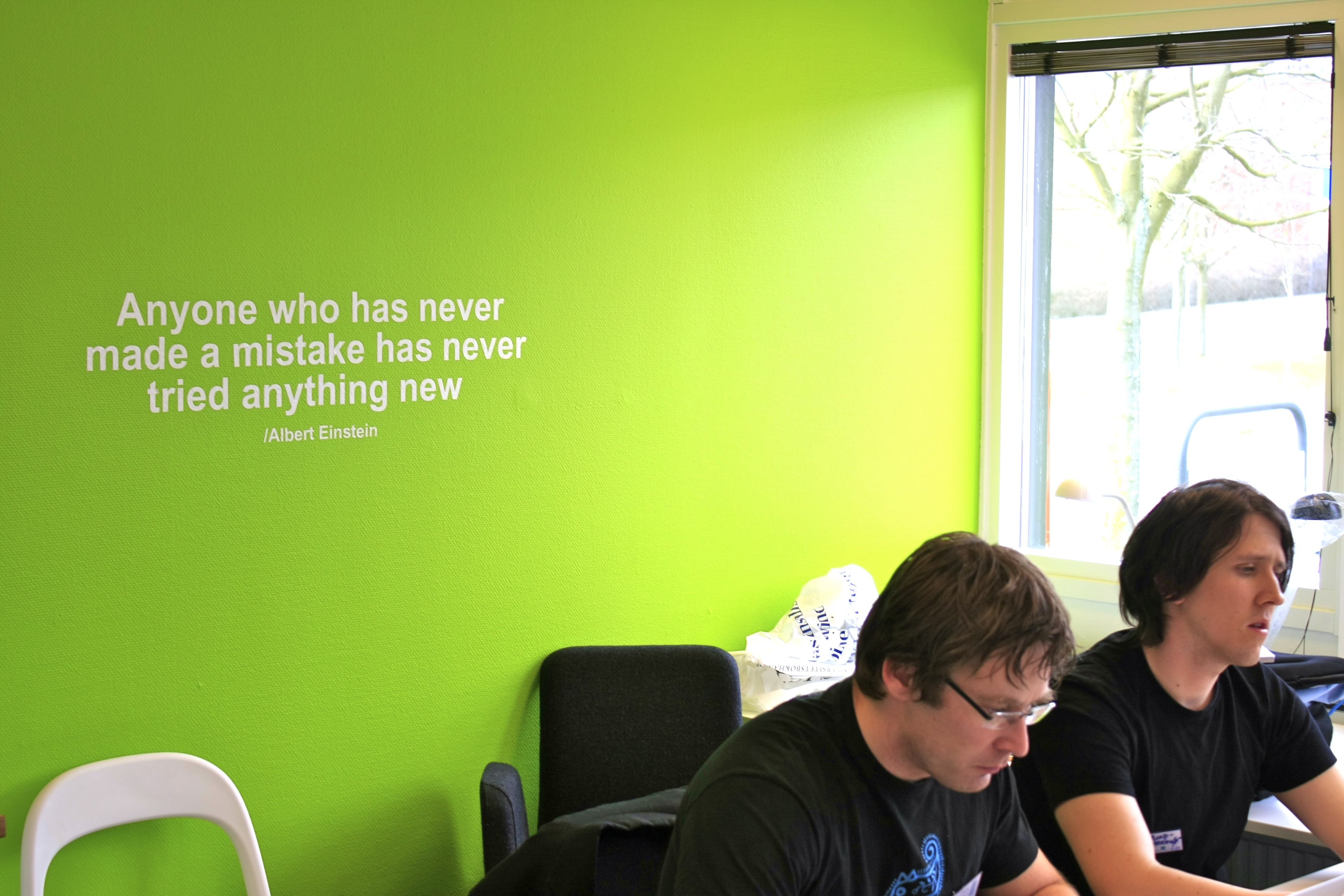In parts 1, 2, 3, and 4. I looked at Mistakes 1 through 14, learned by being in 19 startups.
In this final part, I take a look at some final, serious, mistakes.
Mistake #15: Understand what you should keep secret
In 2008, another startup I advised, and was briefly president of, was based on a keen understanding of the growing power of smart phones. The technical founder (see Mistake #13) had worked out a way of delivering very high-value services over a smart phone and insisted that we had to create our own hardware, despite the fact that the iPhone or even the early Android phones would have worked just fine.
When I suggested this to him, he’d go off on all the reasons why this was a bad idea. The guy really loved to talk about the technology, and to show how brilliant he was.
So he goes to a meeting with an established player in the space that was delivering the same service using trained agents. This company was quite large, and he was talking to their top people. Before he went on the trip, I told him not to get too detailed about the tech when talking with company.
Yup. He white-boarded the whole thing for them and, guess what, they came out with a very similar product for the iPhone about nine months later.
The guy got sued by two of his consultants, got investors to pay them off, and then disappeared, and nobody knows where he is now.
Mistake #16: Get the market timing right
In early 2009, I figured there was money in teaching business people how to use social media. I decided to offer in-person and online training, and by late spring, I was making a little money doing this.
One of my partners had tried to get me interested in this business back in 2007, but I wasn’t interested.
Well, by the end of 2009, there were so many people giving away social media training that the bottom fell out of the market. What used to cost hundreds of dollars was difficult to sell for $19 and I exited the market.
Mistake #17: Nobody will work as hard on your vision as you will
I’ve alluded to this in the preceding, and it really has been an underlying theme throughout my experience with startups. You may have co-founders or partners; you may have the cream of the crop of talented people working with you. That’s great. Just don’t expect them to match your passion.
Look for that passion in those you work with, and surround yourself not with the merely or even supremely competent, but with people who will outwork you and who will drive you to excellence.
The Last Mistake
The last mistake you might make is to assume that these are all the mistakes you need to watch out for in your startup. Heck, another half dozen or so mistakes occur to me now, off the top of my head.
None of this stuff is gospel, and I’m sure you’ll discover a few mistakes on your own.
But if I can leave you with just one more piece of advice, it’s this: Constantly challenge your assumptions.
You may find, as many startups have, that to be successful you need to completely let go of your mission, your plans, your partners and staff, and even your startup’s very reason for being. Being an entrepreneur means being flexible. It means being utterly convinced of your direction, but being willing to turn on a dime. Pivot, if you will.
So those are the mistakes I learned from 17 startups. But wait, you say, I thought you were in 19 startups? Ever the optimist, I’m currently in two startups, with partners. Each has got a unique product, without any real competition, looking for first mover advantage, and if we just can get 1 percent of the market . . .
If you’d like to hear about the other half dozen startup mistakes I didn’t write about, request them below. I’ll talk about one mistake per request.
Also, if you’ve got your own startup mistakes to share, do so below.





